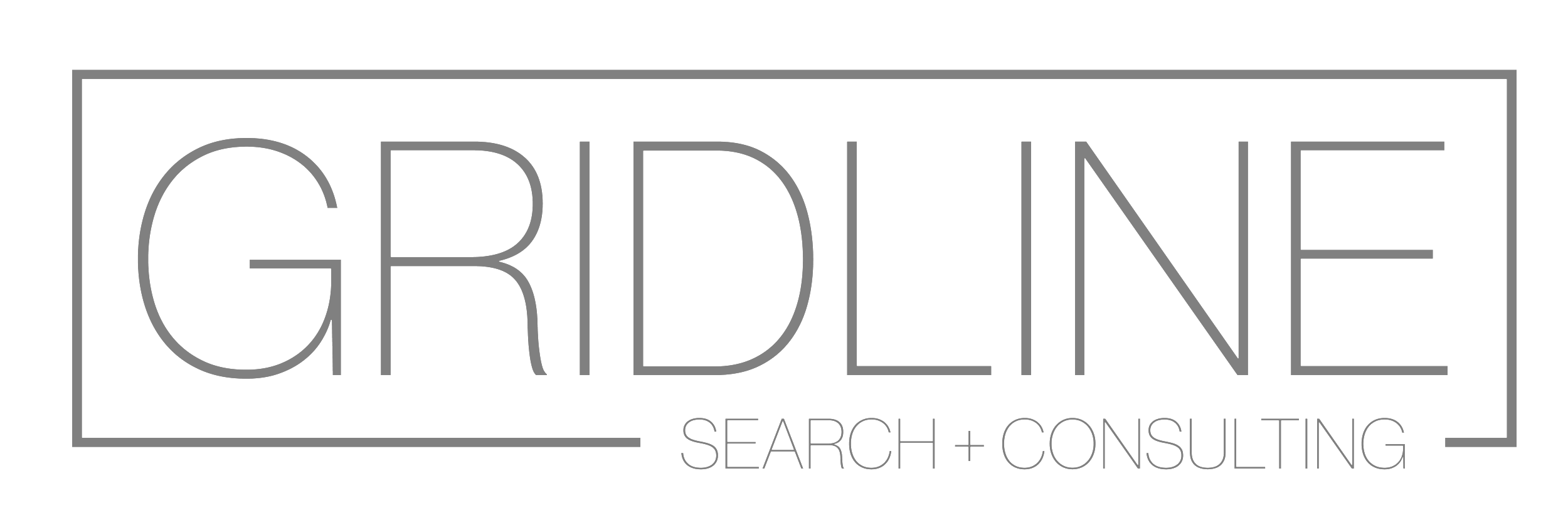Increase in lateral corporate associate hiring? It's "When," not "If".
I was struck this week by an article in the American Lawyer entitled "'More Deals and Larger Deals': Big Law Dealmakers Weigh In on Rate Cut Impact." The author speaks with several BigLaw corporate practice leaders across sub-practices like private credit, private equity, M&A, funds and venture capital. Across the board, the practice leaders said that the recent decision by the Federal Reserve to cut interest rates should have a largely positive impact on all of their respective corporate practice areas. Less expensive money leads to more deal activity in a lot of respects.
So, to borrow a phrase from the article, a trend in declining interest rates means it's only a matter of "when," not "if," lateral corporate associate positions will increase.
This does not mean that you should necessarily wait for this undetermined time to consider making a lateral move as a BigLaw corporate associate.
Here are some things to keep in mind during our current moment for corporate associates:
Corporate associates still have many options right now, especially mid-level associates. If you are a 4th year corporate associate or slightly more senior, then the opportunities are out there for you in the market (see relevant article here). There are always a good number of firms in the major legal markets who lose too many midlevel corporate associates to other firms or in-house jobs. When the increase in lateral corporate associate hiring comes, it will most likely impact more junior-level openings.
If New York City is your destination, consider looking now. When it comes to corporate BigLaw openings, it is hard to underscore just how much bigger the NYC legal market is than any other. New York corporate lawyers have remained busy since the pandemic. Additionally, the other big market for corporate BigLaw, California, is still recovering from events like the Silicon Valley Bank collapse. Add in the sheer number of BigLaw firms doing corporate work in NYC and the opportunities are there if you're thinking about a lateral move.
Firms will still cover lost year-end bonuses for strong candidates. I talk to lots of corporate associates around this time of year who self-select themselves out of looking now. They think it is better to wait until the new year after a possible year-end bonus will be paid. But if you're a strong candidate for a move that successfully gets an offer with a new firm, then it is very possible that the new firm will make arrangements to cover your year-end bonus.
Start working with a recruiter now to develop your materials and strategy, even if a move for you is not until next year. In the article cited above, most of the practice leaders quoted agree that an increase in corporate deal activity due to interest rate cuts will not come right away. It will take time for the market and their clients to adjust. As a result, the accompanying increase in corporate lateral hiring will likely take some time as well. But instead of waiting for an unknown future time where this increase in hiring will come, it makes sense to start talking to a recruiter now. Every person's search is different and perhaps the opportunities that match your goals are already available. If you are in a situation where you are not fitting into the firm culture, where you are not having good opportunities for advancement or where you are not in the location that you want to be, then you may not have the luxury to wait for a move. Additionally, while opportunities are forecasted to increase, this does not mean that every firm will be hiring at the time you are looking to move. It's better to work with a recruiter to assess what is available now that matches your goals. You can always come back to the search in earnest at a later date if need be.
While the prospect of increased deal activity may make future opportunities more abundant, it’s crucial to remember that timing isn’t everything in a lateral move. Firms are already assessing their long-term needs and looking for top talent who can navigate this transition period effectively. In fact, positioning yourself as an associate who is prepared to lead and handle the complexities of a shifting economic landscape could make you a more attractive candidate now, rather than later. Strategic moves are often made not just when the market peaks, but when it’s on the verge of growth.
